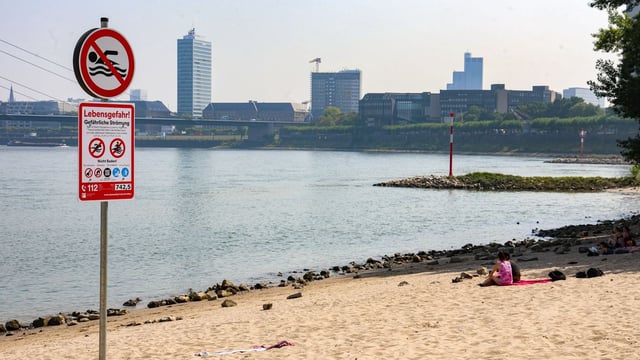Overview
- Düsseldorf’s ban took effect on August 14 and Neuss’s ordinance began on August 16, both penalizing deliberate presence in over ankle-deep Rhineland waters with fines up to €1,000.
- Local police, the Ordnungsamt and Wasserschutzpolizei have launched shore and boat patrols to identify and document swimmers for potential penalties, though continuous coverage remains challenging along long riverbanks.
- Municipal texts narrowly define “bathing” as lingering in more than ankle-deep water for recreation and explicitly exempt rescue services, authorised vessel operations, fishing and official exercises.
- Düsseldorf officials have signalled they may seek to recover the costs of rescue missions on individuals who violate the ban, applying fee assessments on a case-by-case basis.
- Neighboring cities—including Cologne, Krefeld, Bonn and Wesel—are actively preparing or reviewing similar bans, signalling a possible regional shift in river-safety policy.



